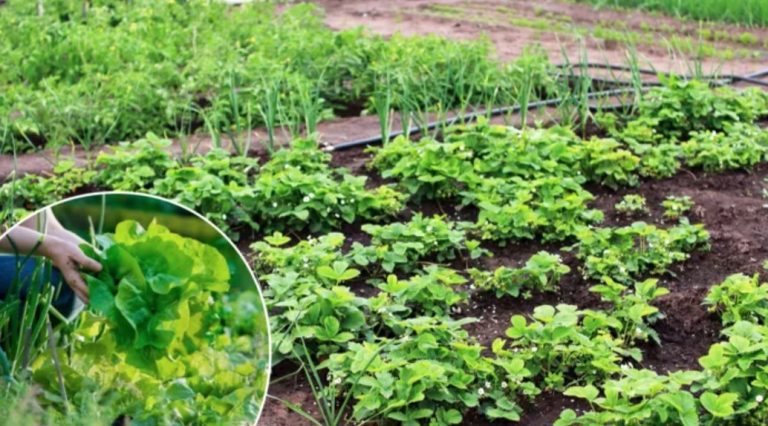Organic farming is an important building block in the fight against climate change. We explain why this is so and how the consumption of organic products can help.
Protecting the environment, people and animals in the long term: that is the goal of organic farming. But climate protection is also a goal to which Bio actively contributes. For example, healthy soil is not only important for healthy vegetables and fruit, it is also a valuable CO2 store. In organic farming, attention is therefore paid to varied crop rotations and humus build-up – both prerequisites for a healthy soil that binds gases that are harmful to the climate.

Chemical-synthetic pesticides and fertilizers that damage the agricultural soil in the long term are prohibited in organic farming. Organic farmers, on the other hand, use natural materials such as compost and also rely on agricultural methods that protect nature and the climate.
Pests are fought, for example, through the targeted use of natural enemies, the “beneficial ones”. This maintains biological diversity, ecological balance, water quality and soil fertility in equal measure. Ecological management also respects the well-being of the animals, because farmers pay attention to animal welfare when it comes to organic farming.
Compared to conventional agriculture, organic agriculture is much more careful with our soil and ecosystems and is therefore considered environmentally and climate-friendly.
Organic farming is active climate protection
The number one climate protector is healthy agricultural soil. Because healthy, humus-rich soils are enormously large CO2 stores. Agricultural land that is used carefully through organic farming contains significantly more humus – and this is particularly important for carbon sequestration. Numerous microorganisms and organic compounds that are responsible for storing CO2 live in the humus layer. The richer in humus a soil is, the more gases that affect the climate it binds.
Studies by the Thünen Institute have shown that organically farmed soils bind on average 10 percent more carbon than soils from conventional agriculture.

On average, 256 kg of carbon is stored per hectare of organic soil per year. Converted to the organic agricultural area in Germany, there are currently 1.5 million tons of CO2 savings annually. Organic farming is therefore clearly active climate protection!

